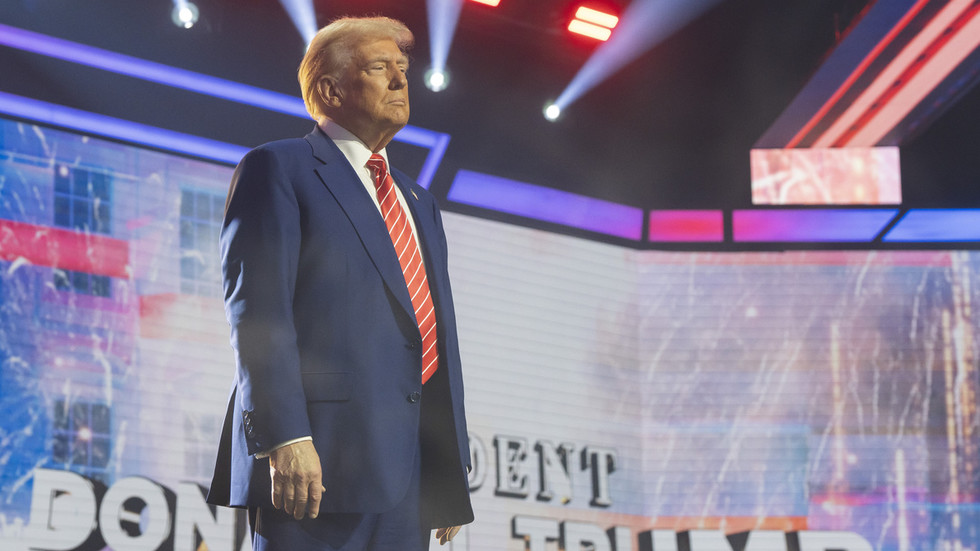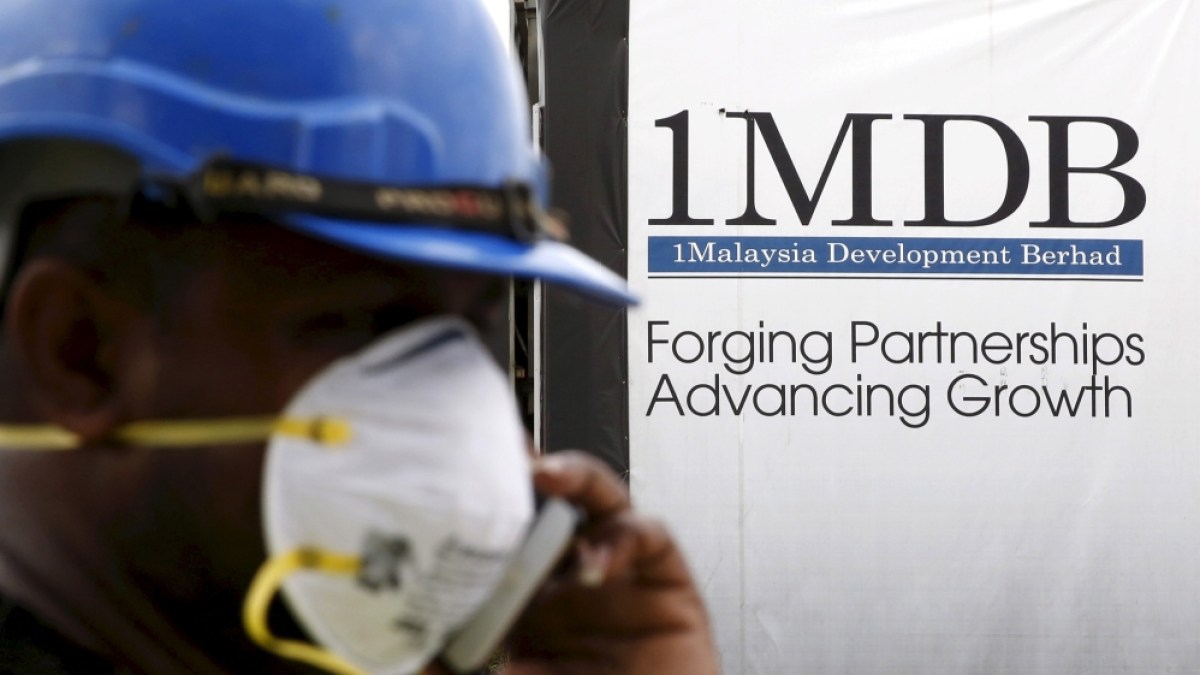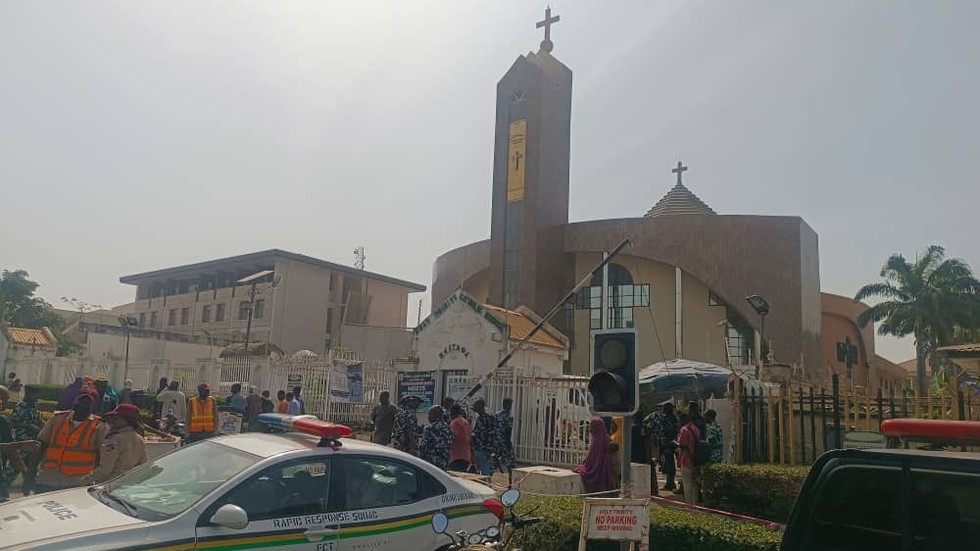
The latest headlines from our reporters across the US sent straight to your inbox each weekday
Your briefing on the latest headlines from across the US
Law students and undergraduates from Columbia University won’t be getting jobs with 13 conservative federal judges, who say the college has become “an incubator of bigotry” following pro-Palestinian protests.
The group wrote to Columbia President Minouche Shafik and the dean of the university’s law school, Gillian Lester, on Monday, according to CNN and the National Review.
“Considering recent events, and absent extraordinary change, we will not hire anyone who joins the Columbia University community—whether as undergraduates or law students—beginning with the entering class of 2024,” the letter signed by the thirteen justices said.
The New York school has been at the heart of demonstrations against the war in Gaza in recent weeks, starting with an encampment in the main quad. Students at other schools across the US have followed with protests that have included clashes between faculty, leadership and law enforcement.
Protests have seen students and faculty voice their concerns over ties institutions have to Israel or investors seen sas benefiting from Israel’s military actions.
“Since the October 7 terrorist attacks by Hamas, Columbia University has become ground zero for the explosion of student disruptions, anti-semitism, and hatred for diverse viewpoints on campuses across the Nation,” the letter from the judges read.
“As judges who hire law clerks every year to serve in the federal judiciary, we have lost confidence in Columbia as an institution of higher education. Columbia has instead become an incubator of bigotry,” it continued. “As a result, Columbia has disqualified itself from educating the future leaders of our country.”
The Independent contacted Columbia University for comment on Tuesday.
Columbia Law School states on its website that students and alumni “obtain some of the most coveted judicial clerkship positions in the country” with roles on the US Supreme Court and federal circuit courts.
All of those who signed the letter were appointed by former president Donald Trump, and many of them sit on courts in Texas.
The three primary signatories were Elizabeth L. Branch, a Circuit Judge on the US Court of Appeals Eleventh Circuit; James C. Ho, a Circuit Judge on the US Court of Appeals Fifth Circuit; and Matthew H. Solomson, a judge of the United States Court of Federal Claims.
They argue that the boycott on hiring isn’t because they dislike criticisms made by students but because Columbia needs to restore “academic freedom”.
In the letter, the justices offer three ways Columbia could address recent issues including rendering more severe punishments for students and faculty who have taken part in the protests.
“After all, elite universities purport to train not just law-abiding citizens but future leaders,” the group said. “Universities should also identify students who engage in such conduct so that future employers can avoid hiring them.”
Despite seeming to be speaking largely about pro-Palestinian demonstrations, the justices also argue that there should be “neutrality and non-discrimination” in the protection of freedom of speech, asserting that an “uprising” by anti-abortionists would be met with a very different response by the school.
Finally, the letter calls for a more diverse faculty and staff, to offer different viewpoints.
Columbia has called in the New York City Police Department during the protests, with officers arresting dozens of students. In an announcement last week, Ms Shafik said that the “drastic escalation” after many months of protests had “pushed the university to the brink” and that she was sorry to have reached this point.
“I hope that we can use the weeks ahead to restore calm, allow students to complete their academic work, and honour their achievements at Commencement,” Ms Shafik said on 1 May.
“We also must continue with urgency our ongoing dialogue on the important issues that have been raised in recent months, especially the balance between free speech and discrimination and the role of a university in contributing to better outcomes in the Middle East.”

 7 months ago
34
7 months ago
34









